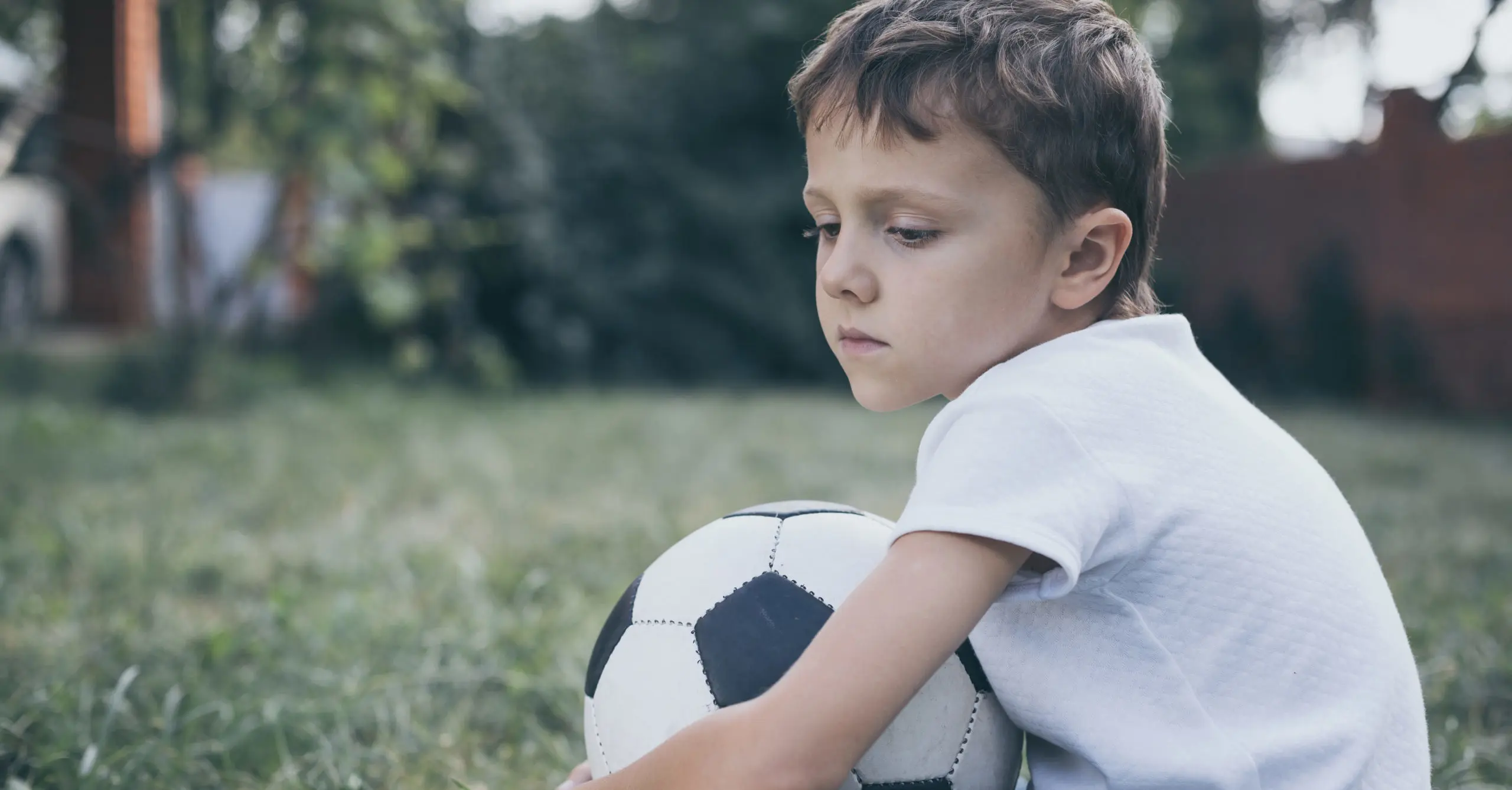
Jan 27, 2022 • 4 min read
How To Deal With Pregame Anxiety
Posted in:
Teach your young athlete that pregame jitters are nothing to worry about. After all, it’s perfectly normal for young athletes to feel nervous before a big athletic performance. Getting nervous before a match is simply a sign your child cares about the sport and wants to perform well, and it is wonderful that your child’s sport is important to them. Here are five tips to help your young athlete deal with pregame anxiety:
Tip 1: Normalize anxiety
Do you know what’s worse than having pregame anxiety? Having anxiety about the anxiety! The absolute worst thing you can do for a kid is to make them fear being nervous. If they’re scared of being nervous, as soon as they start to feel it, they will resist, avoid, or fight against it. And we all know what happens to feelings that we resist…they get so much worse! The fear of being anxious can actually cause an athlete to play poorly, not the anxiety itself. When athletes are scared, they don’t play intuitively and freely. Instead they’re tight and afraid to take risks.
Tip 2: Focus on the moment by breathing
Being nervous is often amplified by paying too much attention to nervous thoughts. It is amazing what a few minutes of focusing on the breath can do to calm your nerves, because it shifts you back to the present moment. Box breath is a really easy breathing exercise for athletes of any age. It is called box breath because it has four equal parts: inhale, hold, exhale, hold.
How to do box breath: Start with one second each. Breathe in for one second. Hold the breath for one second. Breathe out for one second. Then, hold the breath again for one second. You can increase the duration as you get more comfortable with the practice.
Tip 3: Rewrite the story
Many kids share that they get nervous because they’re afraid of letting their team down. Or they’re scared of letting their parents down. Or they’re concerned of what people will think of them if they do poorly. Take some time before the game to remind your young athlete how great they are. Show them in your own way that they are worthy of love, praise, and connection no matter the outcome of the game.
Tip 4: Stay Neutral
Staying neutral means trying to see the game objectively. Losing the game doesn’t mean you’re a loser. And, winning doesn’t necessarily mean you’re a winner, either (though it rarely feels that way!). Winning or losing a game simply means that one team scored more points than the other. That’s it! It doesn’t mean that the players on the winning team are better people. They just performed better that day.
Tip 5: Play for the fun of it
Ask your child why they love their sport and what makes it fun for them. Remind them that they play this sport for themselves, not for anyone else. Help them find the reason why they play the sport that’s just about them. You could even do something fun with your child the day before the game that is unrelated to it. Make a routine to go out for milkshakes or play a round of miniature golf together.
The most important thing to do for your young athlete who is experiencing pregame anxiety is to not add any more pressure. Look for a time when they seem calm and attentive to have a chat about it. Listen to them and make them feel okay with the fact that they’re nervous. The pregame jitters are totally normal and not something to be afraid of. Put on some music and dance around the house to shake it out. At the game, cheer loudly.
Do you or someone you know need help managing their sports team or club? Sign up for a free 21-day trial today. Or check out our club and league solution, TeamSnap for Clubs and Leagues if your team is part of a larger sports organization.
Sarah Kostin is a freelance copywriter, published author, and former children’s librarian. With a background in yoga, mindfulness, life coaching, and ultramarathon running, Sarah has a passion for writing about fitness, mindset, personal growth, and overall well-being.
